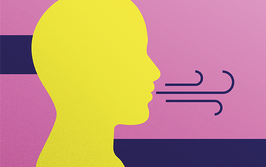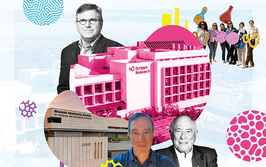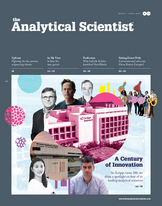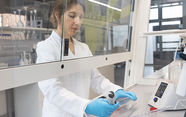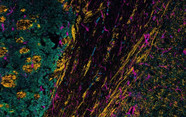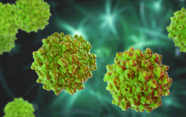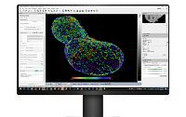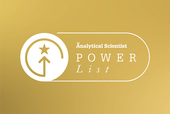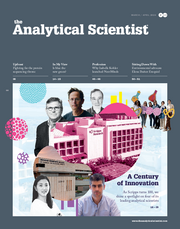
The Power List Book Club: Chapter 4
What books should analytical scientists read? We asked the 2023 Power Listers.
Jessica Allerton | | 2 min read | Discussion

Koen Sandra: There is no limit to learning, hence I’m a BIG fan of reading. Recently, I’ve been enjoying biographies that inspire me and provide sparkles of hope in times of doubt, despite the over exaggeration and romanticized plot. Walter Isaacson, for example, has created some wonderful pieces that capture perfect examples of entrepreneurship, perseverance, failure, and success – including the stories of Steve Jobs and Nobel Prize laureate Jennifer Doudna.
There are a few books by Siddhartha Mukherjee that scientists in particular will value for their history: “The Emperor of All Maladies: A Biography of Cancer,” “The Gene: An Intimate History,” and “The Song of the Cell: An Exploration of Medicine and the New Human.” For more of a plot driven approach, “The Immortal Life of Henrietta Lacks” is another great read – capturing the story of an African American farmer whose immortal cells (HeLa cells) launched a medical revolution and a critical ethical debate.
Books hold a wealth of knowledge and can give us valuable life lessons. This even holds true for the dictionary, which reminds me of a quote from one of our collaborators: “Only in dictionaries does success come before work” – which I believe is a powerful take home message!

Renã A.S. Robinson: There are two books worth mentioning: “Medical Apartheid: The Dark History of Medical Experimentation on Black Americans from Colonial Times to the Present” by Harriet A. Washington, and “The Immortal Life of Henrietta Lacks” by Rebecca Skloot. Both books give a scientist's perspective on mistreatment and unethical use of science and medicine towards the black population. Science, medicine, and engineering fields have suffered from issues described in these books that continue to impact marginalized communities. These books challenge us to think about our science, who it benefits, who it excludes, and how it is conducted.

Amanda Hummon: Scientists that work with tissue culture should read “The Immortal Life of Henrietta Lacks” by Rebecca Skloot. It explores the impact of the HeLa cell line – both in terms of the positives for scientific research and the detrimental impact it has had on her family. Thankfully, we now have patient protections in place so that samples can’t be taken without consent. However, many of our existing, commonly used cell lines have questionable origins. I think that any scientist who employs cell culture should be aware of the history and human impact.
Chad Mirkin, Ron Heeren, and Karen Faulds also recommended Skloot’s “The Immortal Life of Henrietta Lacks”
Credit: All headshots supplied by interviewees
Associate Editor, The Analytical Scientist


